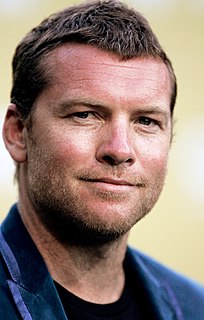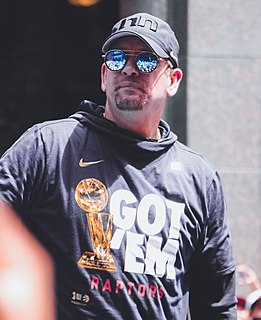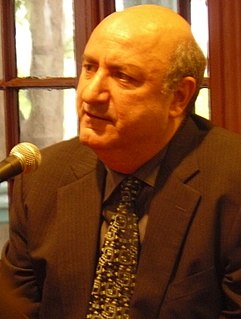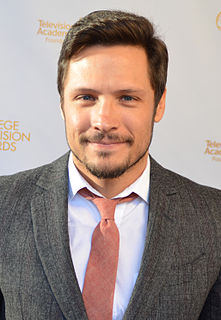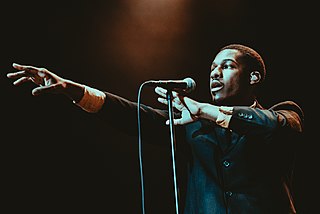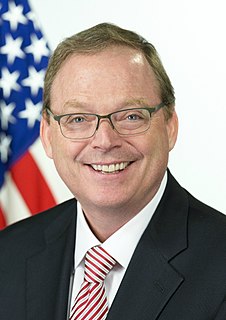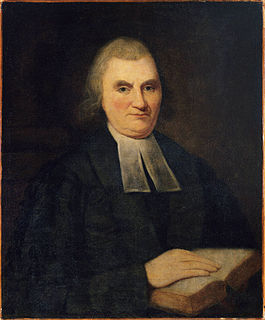A Quote by Sam Worthington
Starting out, they told me: 'You're a good-looking guy. We'll put you in this role, and you can be a conduit for the audience into this side of the story.' But I've grown up, and that's not what I want anymore. My concept of the job I do has evolved. And it is a job, nothing more.
Related Quotes
When I broke into music journalism it wasn't easy but there was more of an established path. I wanted and was able to have a grown-up person's job with a real salary writing for a fairly sizable audience about stuff I cared about. When you're starting out, you try to get as much experience as you can so people will see your work, and maybe start giving you the assignments you want, and paying you (hopefully both). And if you're lucky you land someplace where you can stay for a while. But today that's a trickier trajectory to envision.
Playing villains is very liberating because unlike the leading man, nothing is expected of you. Leading men have to look good, they have to behave in a certain way, they have to fulfill an audience's expectations. But as a bad guy, you have free license to take the audience by surprise. And that's what audiences want - they want unpredictability from their villains. The villain's job is to subvert it.
It was like, `Do you want a job?’ It didn’t matter what the pitch was. I had to get something because I was doing nothing. It sounded all right to me. I initially read for the role that Colin (Hanks) got. Then they called me back for the role that I ended up getting. … I know it sounds kind of funny. OK, they’re aliens and they’re walking among us and they’re in high school. My good friends are always picking on me about it.
There's nothing worse than an anxiety-filled, fearful actor who just needs that next job, because they're not gonna get that next job. Any time I got a job that made me feel good about myself, or made me feel, "Hey, I'm working my way up," then good adds to good. Because it makes you feel better about yourself, and that makes you more attractive, I think.
My job is to cover the hell out of the story, very aggressively. The real place to be courageous if you're a news organization is where you put your people to cover the story. It's making sure that you have people going to Baghdad. It's making sure that you figure out how to cover the war in Afghanistan. While the journalist in me completely stands with them, the editor of the New York Times in me thinks my job is to figure out what the hell happened and cover the hell out of it, and that's more important than some symbolic drawing on the front page.
Humans used to desire love, money, food, shelter, safety, peace and freedom more than anything else. The last 30 years have changed us. Now people want to have a good job, and they want their children to have a good job. This changes everything for world leaders. Everything they do - from waging war to building societies - will need to be carried out within the new context of the need for a good job.
I think that one of the things that we have to recognize is that the longer somebody doesn't have a job, the harder it is to get a new job. You know, the reality is that if you're out of job, and you're looking for a job, then the new employer's going to say, 'Well, why, you know, don't you have a job now? What's wrong with you?'
